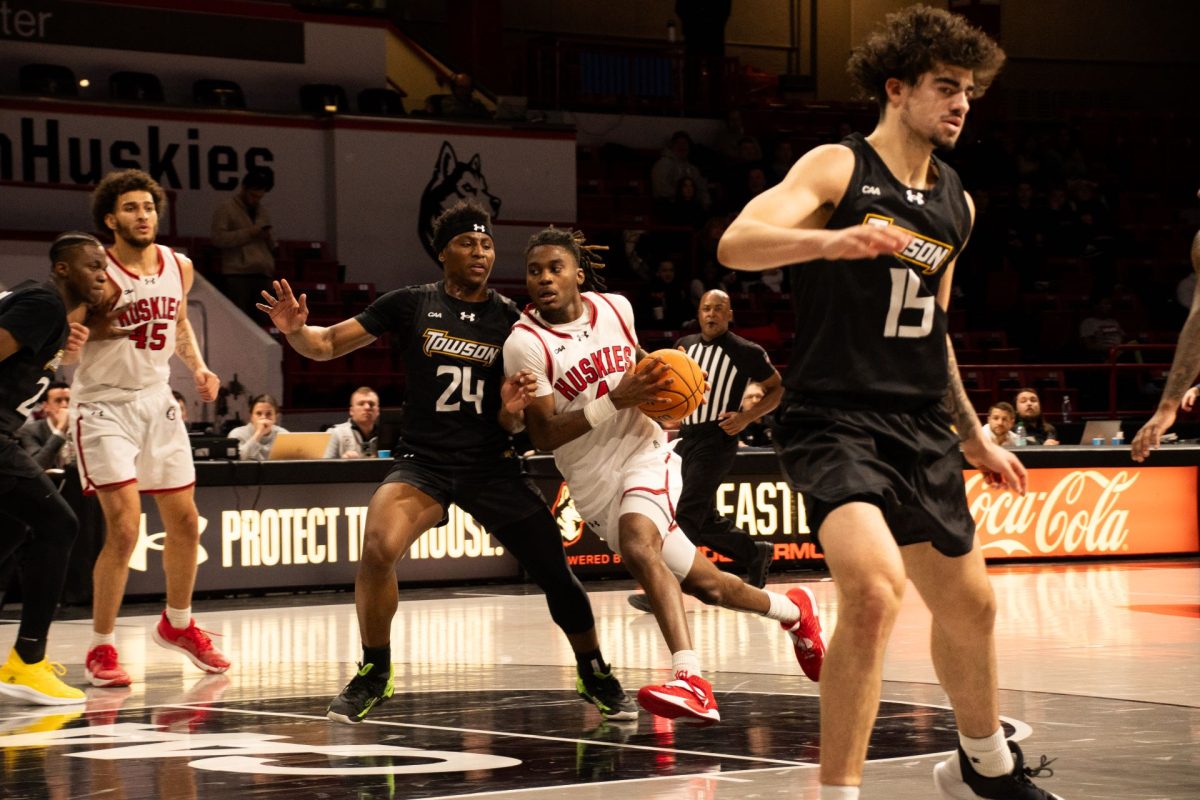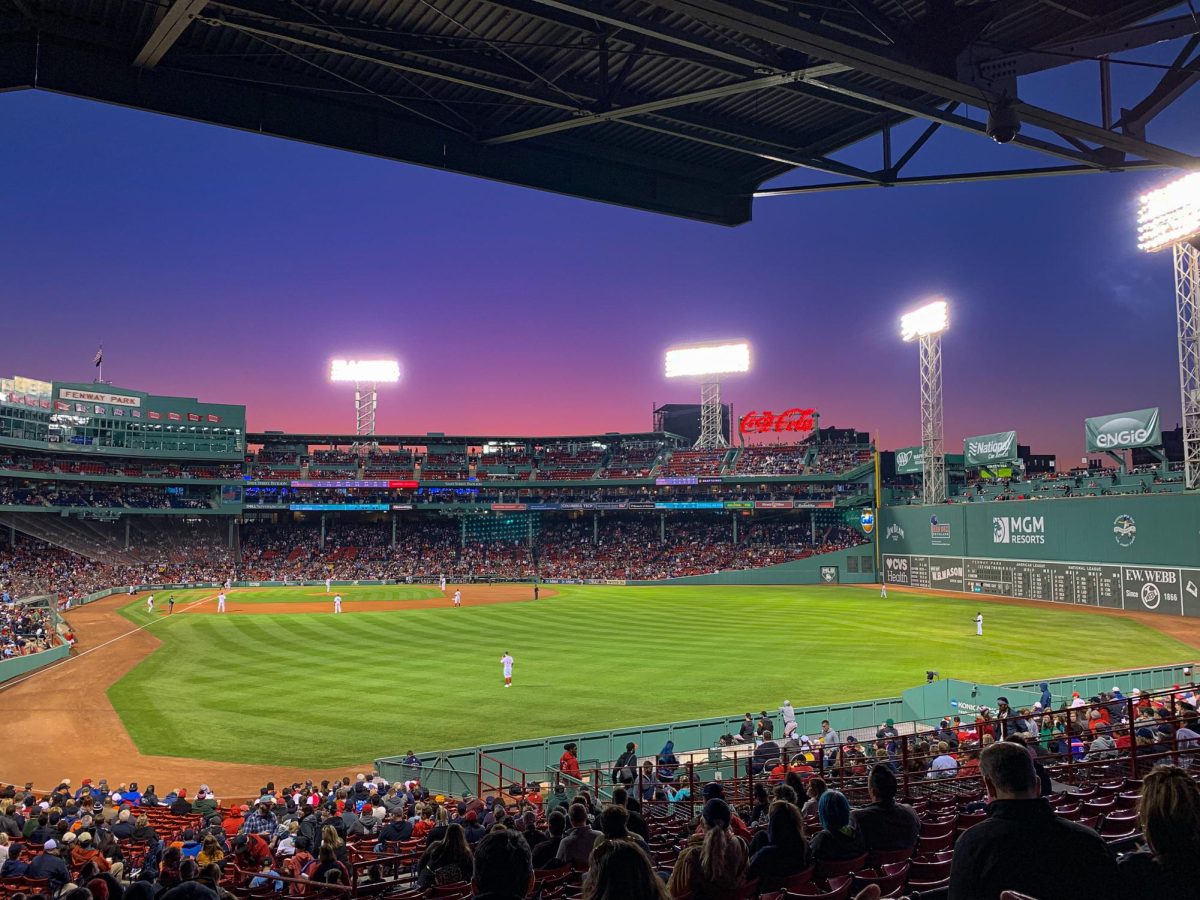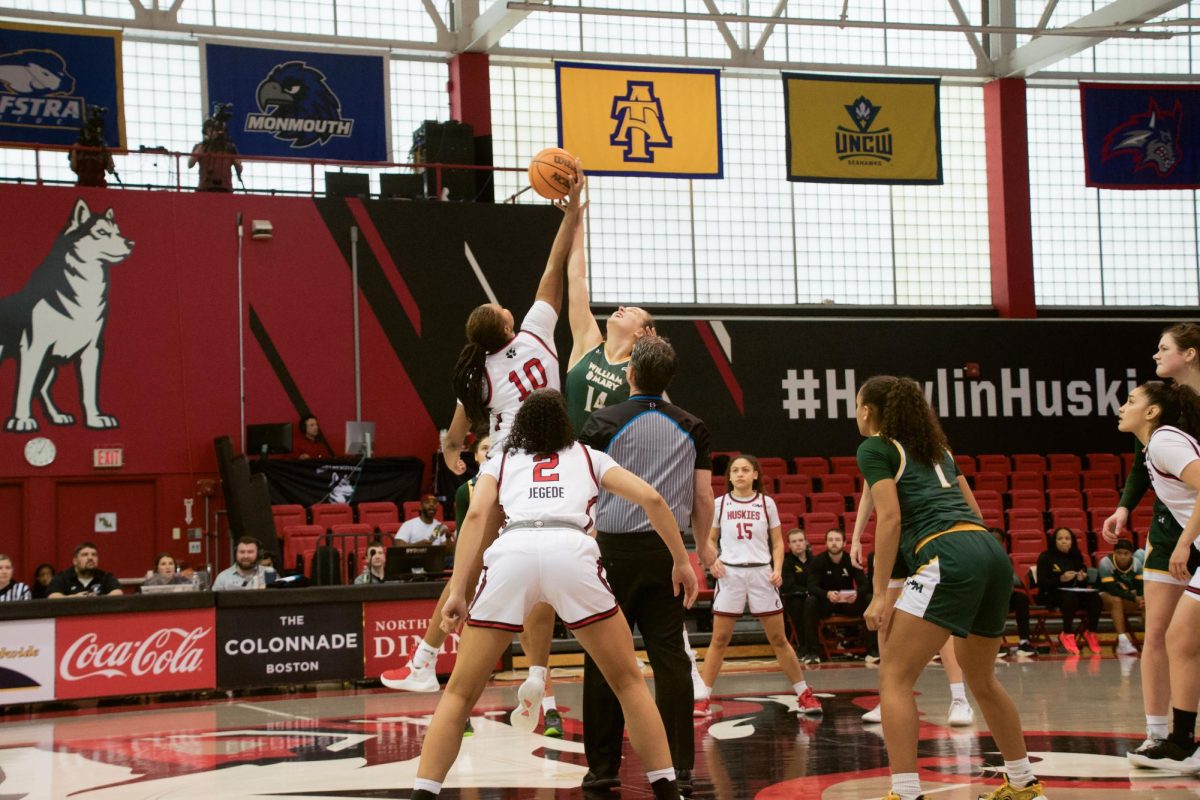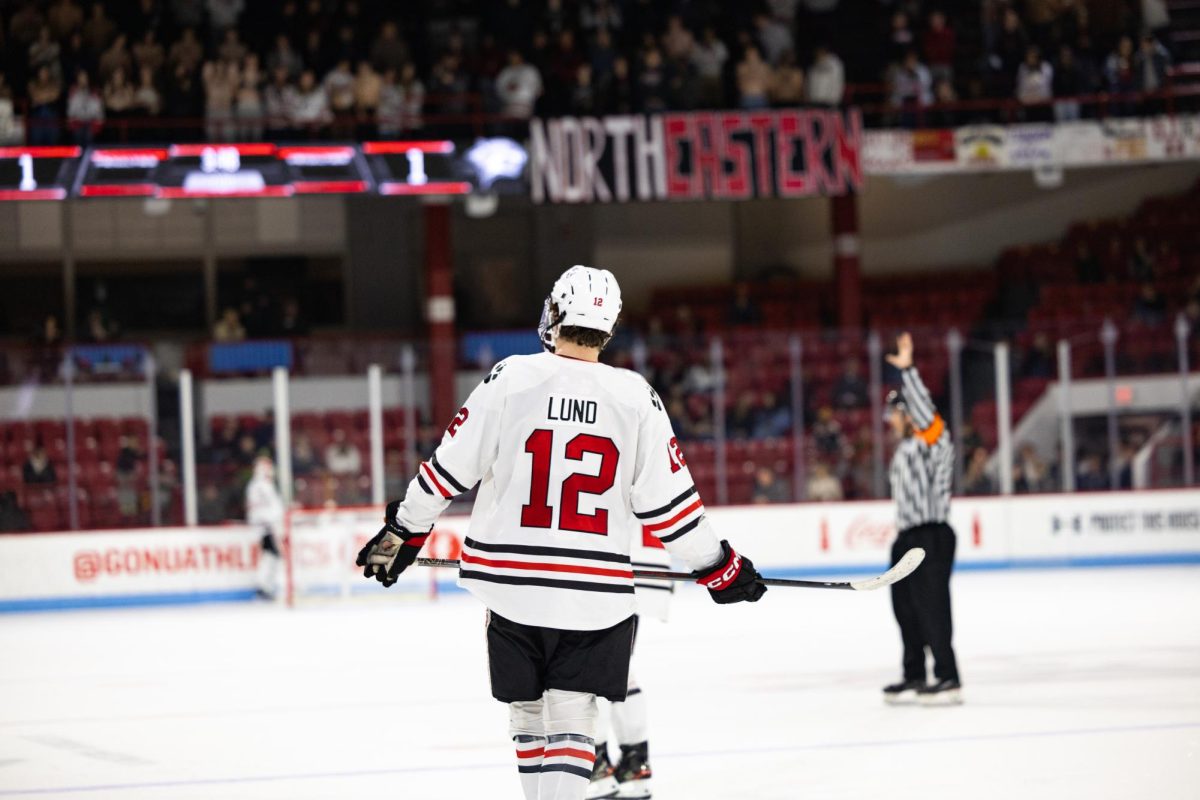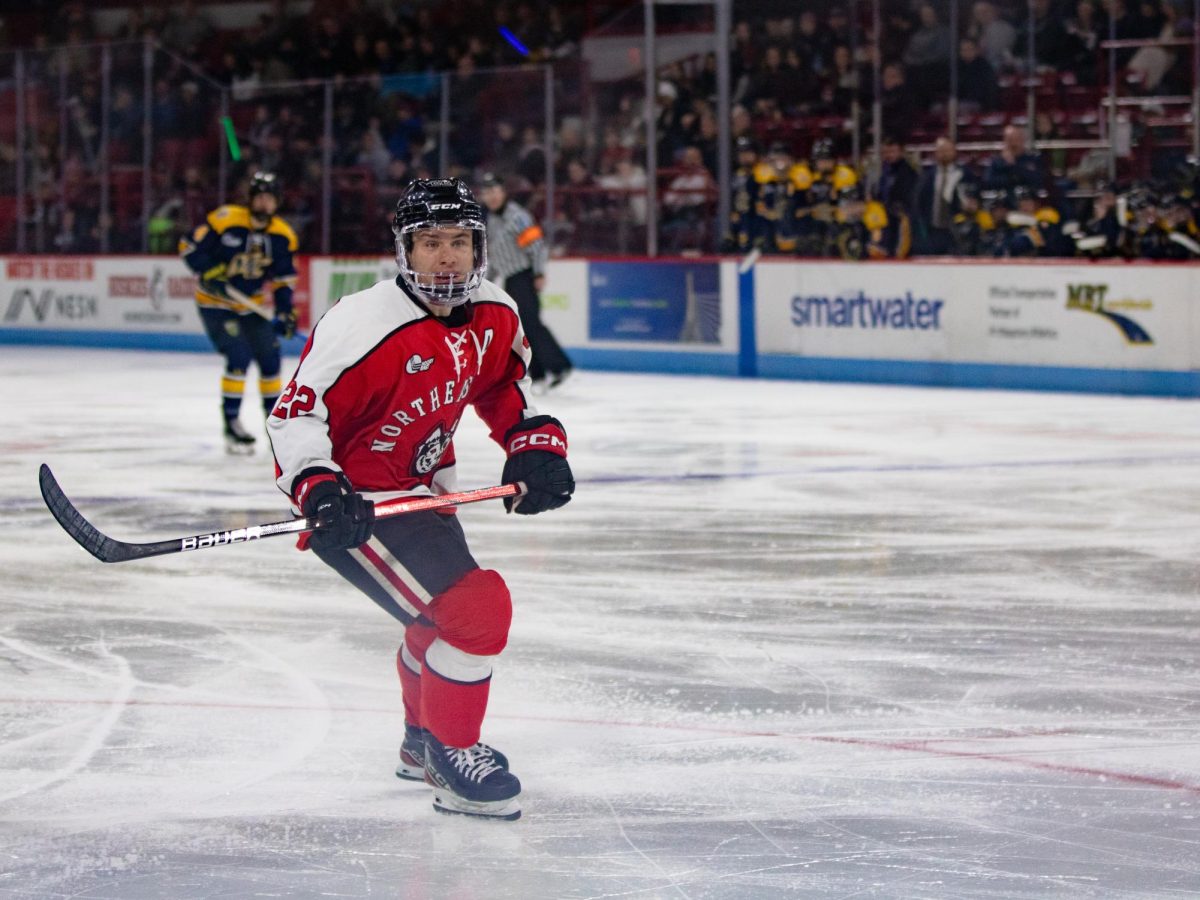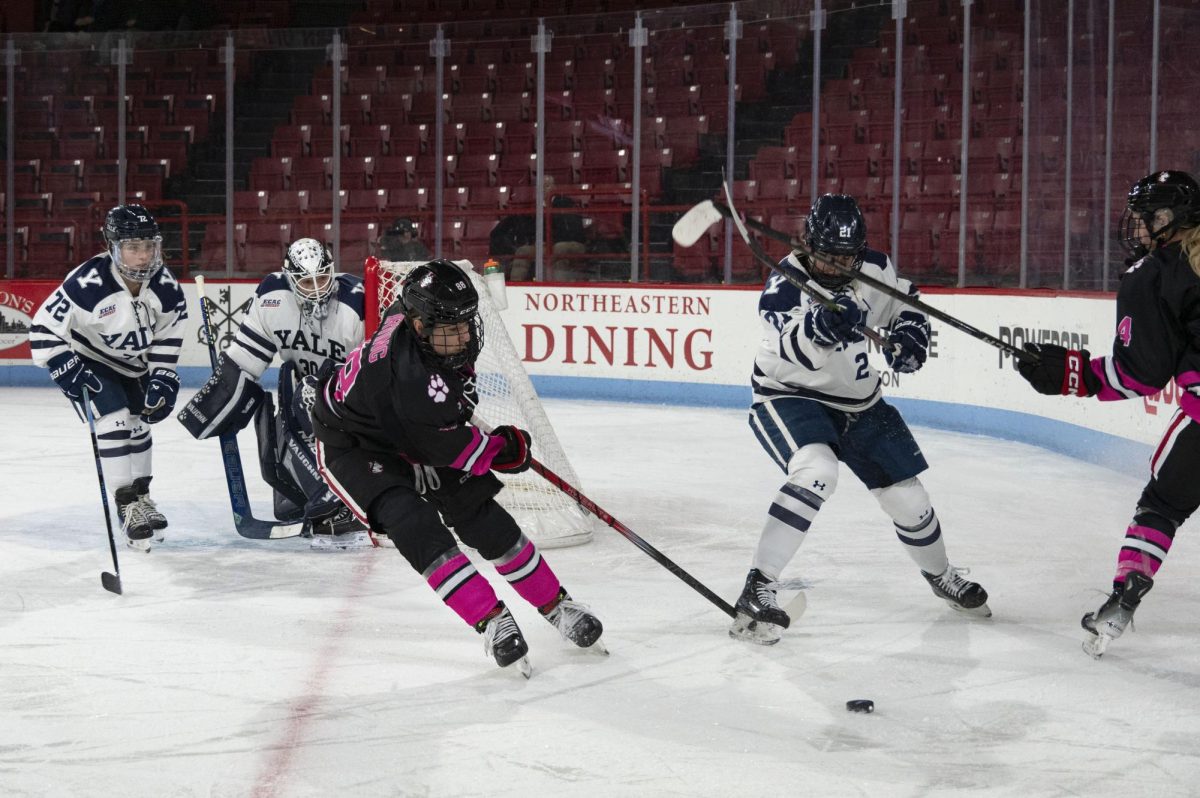By Dylan Lewis, News Staff
While the winter chill can still be felt walking around Boston, most Major League Baseball teams opened the 2014 regular season Monday, signaling the beginning of spring for any true sports fan.
In the words of John Fogerty, “we’re born again, there’s new grass on the field.” With the new season comes a fresh start, unbridled optimism and for some teams, a sweet, but ultimately brief, period atop the division. Accompanying the hopefulness, there is always underlying uncertainty as to what the season may have in store, both on the field and off of it.
Will Miguel Cabrera 3-Peat as MVP?
Over the past two seasons, Miguel Cabrera has cemented himself as baseball’s best hitter, without question. In 2012, Cabrera hit 44 home runs, drove in 139 RBI and batted .330 en route to his first most valuable player award and the first triple crown season since 1967. Last season he took home MVP honors again after hitting .348, matching his home run total from the previous year and knocking in two fewer runs, while playing in 13 less games.
This off-season the Detroit Tigers rewarded their star with a record-setting 10-year, $292 million contract that made him the highest paid athlete in the history of professional sports. Cabrera enters the 2014 season with the expectations of another league-leading season, though he will be without the lineup protection of Prince Fielder, who was traded to Texas in the off-season.
Nine players have won MVP three times in their career, but Barry Bonds* is the only player to win the award three or more consecutive years.
How well will offseason rule changes be integrated into the game?
Baseball has always been a game held back by rigid traditionalists intent on preserving the continuity of the transcendent pastime. This offseason, the MLB made two major modifications to the rule book.
As discussed at length in this column a few weeks ago, the league introduced new rules regarding home plate collisions. The new rules, aimed at protecting catchers and base runners, only allows for collisions to occur if the catcher has the ball in front of home plate.
While the rule is well intentioned, it lends itself to interpretation, and is far less objective than the “slide or avoid” rule most kids learn while playing the game at lower levels. Beyond issues of ambiguity, the rule change may be met with some resistance due to player habits. At game-speed, the new guidelines might escape the mind of a barreling baserunner or a catcher trying to save a run.
During the offseason, the league and the MLB players union also agreed to expand the use of instant replay. While instant replay has been part of the game since 2008, it was only to be exercised at the discretion of the crew chief umpire.
Now, managers will have one challenge per game, which they can use to dispute force outs, tag plays, catch/trap calls and fan interferences, among other in-game discrepancies. Managers may reuse the challenge a second time if they are able to successfully overturn a call.
While the rule promotes accuracy, it could add delays to games that are already notoriously long. Testing during spring training in the Arizona Fall League yielded average review times of one minute 40 seconds. Chicago Cubs manager, Rick Renteria, became the first manager to use the new system when he unsuccessfully appealed an out call at first base following a double play in the fifth inning of an opening day matchup against the Pittsburgh Pirates.
Who will be baseball’s next commissioner?
MLB Commissioner Bud Selig has stood by his plan for this season to be his last in office. Selig has held the position since 1992 and is responsible for the introduction of interleague play, expanding the playoffs from two to three rounds and having the all-star game determine home field advantage for the World Series. He also oversaw the institution of one of professional sports’ best drug-testing policies in response to baseball’s steroid era.
Some have identified Rob Manfred, MLB’s chief operating officer, as Selig’s likely successor. Manfred has managed a period of relatively smooth relations with the players union over labor terms and been an integral part of the prosecution of individuals tied to PED use, specifically Alex Rodriguez.
Another leading candidate is baseball’s executive vice president of business, Tom Brosnan. In his time with the league, Brosnan has made his mark in developing the lucrative television deals and licensing agreements. The main beneficiaries of these contracts are the league’s owners, whose vote decides which individual will take office once Selig leaves.
Manfred, Brosnan or a dark horse candidate would need to earn votes from 24 of the league’s owners in order to take office.



